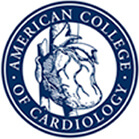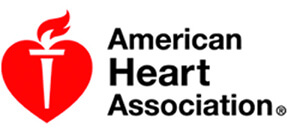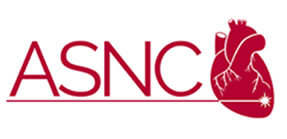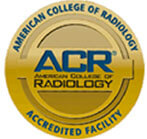EKG
EKG Q & A
by: Ameeta Walia, DO, FACC, FASE
What is an EKG?
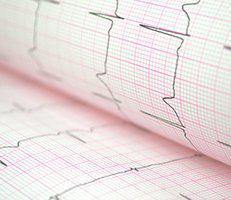
An EKG is an electrocardiogram, a test that tracks the heart’s electrical activity. During an EKG, the patient’s heart rate and heart rhythm are measured. The EKG is a non-invasive type of testing that can easily be done both quickly and accurately.
Who Needs an EKG?
An EKG is often done on patients who are having symptoms of heart conditions. People who experience heart palpitations or who have an arrhythmia detected during an exam may need to have an EKG for diagnostic purposes. Symptoms like chest pain, shortness of breath, or other signs of heart problems may require an EKG to determine whether there is damage to the heart. Sometimes an EKG is used to evaluate how implanted devices like pacemakers are working. An EKG can also determine whether a patient had a heart attack or not.
What Happens During the EKG?
The patient will lay down comfortably during the EKG. Small quarter-sized electrodes are adhered to the skin at specific points so that they can measure the heart’s electrical activity. The electrical activity is typically recorded for 10 minutes while the patient relaxes. As the machine records the electrical signals, they will be shown on graph paper or displayed on a nearby video monitor. A nurse will be there to monitor the patient during the entire test. Some patients will need a different kind of EKG known as a stress test. During this type of EKG, the patient will be in motion on a treadmill so that the heart’s response to stimulation can be measured. Patients who are scheduled for a stress test may need to make special preparations, including fasting other than water before the appointment and avoiding substances like caffeine. EKG tests are not painful, and they are a completely non-invasive way to get important information about heart function.


